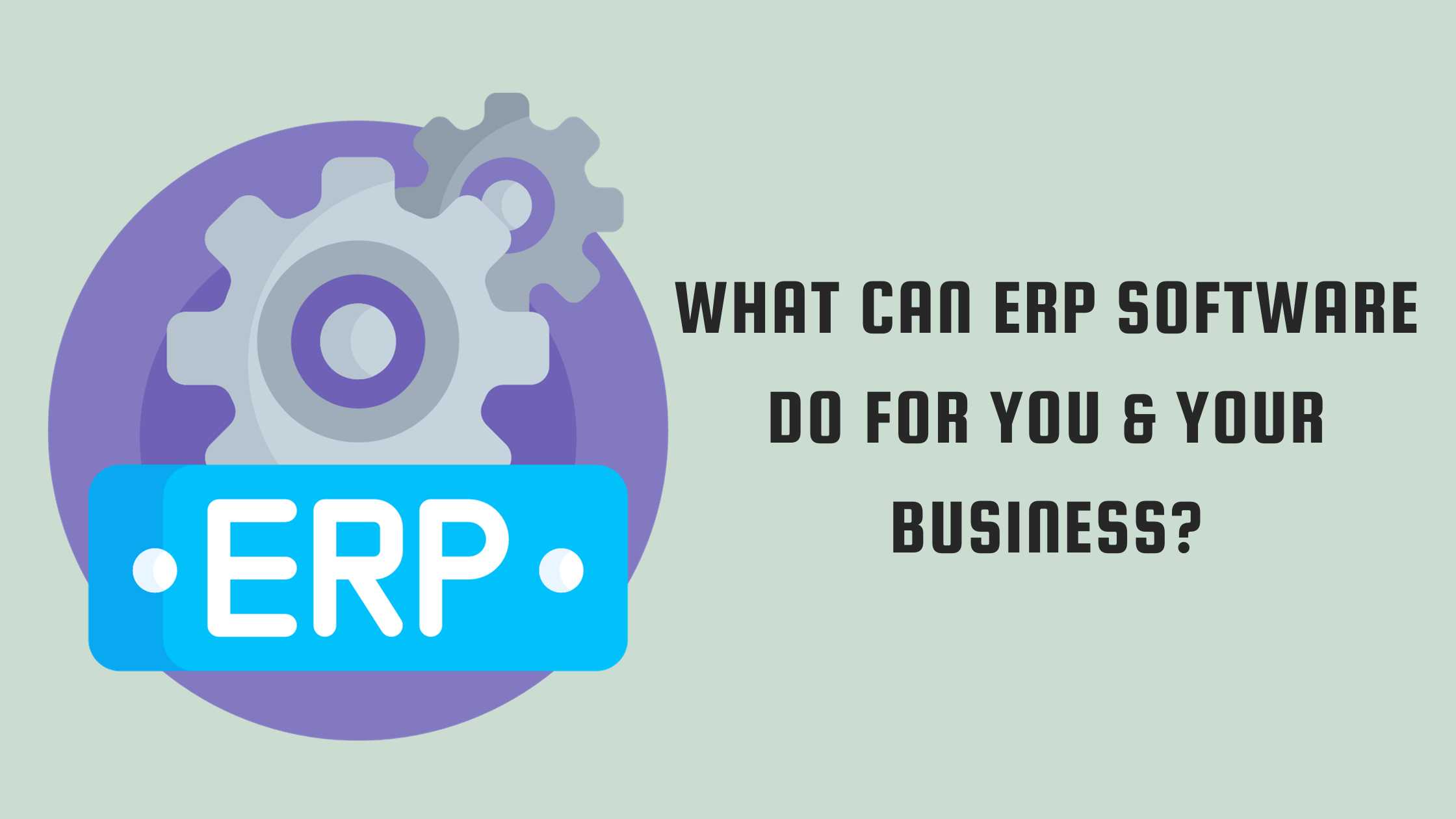
The dynamic world of business often necessitates the integration of various functions to ensure smooth and efficient operations. Enterprise Resource Planning (ERP) software emerges as a holistic solution that amalgamates different business processes into one unified system. This synergy promises enhanced productivity, better decision-making, and improved profitability. Let’s delve deeper into the manifold benefits that ERP software offers to businesses.
1. Streamlined Business Processes
ERP software is a beacon of integration in the often fragmented business operations landscape. Its core strength lies in its ability to weave together a myriad of business functions cohesively, be it the intricate intricacies of finance, the dynamic realm of human resources, the strategic domain of procurement, or the front-facing world of sales. By creating this unified digital tapestry, ERP systems ensure that all these varied departments don’t just coexist but actively collaborate, driving them to operate in seamless harmony. The tangible outcomes of this integration are manifold: decision-making processes become more agile and informed, overlapping operational redundancies are pared down, and the vexing issue of data inconsistencies — often a byproduct of siloed operations — is effectively eliminated. In essence, an ERP system serves as the central nervous system of an organization, ensuring fluidity, coherence, and operational excellence.
2. Real-time Data Access and Analysis
In today’s fast-paced business environment, where data is often likened to gold, real-time accessibility to crucial business metrics isn’t just a luxury—it’s an imperative. ERP systems act as a repository, amalgamating and centralizing data from disparate departmental silos, thus bestowing decision-makers with a panoramic, unified view of overarching business dynamics. This centralized approach provides more than instantaneous access; it’s a springboard for profound data analytics. Delving deep into this consolidated data pool, stakeholders can unearth emergent trends, craft accurate forecasts for impending scenarios, and derive actionable insights that are the bedrock for informed strategic planning. By converting raw data into meaningful insights, ERP systems empower businesses to navigate the future confidently.
3. Enhanced Customer Service
Enhanced customer service is one of the transformative benefits businesses can reap from integrating a robust ERP system. By centralizing customer information and streamlining processes, businesses can respond more swiftly and accurately to customer inquiries and concerns. An ERP software company typically designs its systems to ensure real-time data access, which means customer service representatives have up-to-the-minute information at their fingertips. This enables quicker decision-making, and fosters improved customer trust and satisfaction. Ultimately, as businesses strive to set themselves apart in a competitive market, exceptional customer service, bolstered by an ERP system, can become a defining edge.
4. Optimized Inventory Management
For any enterprise engaged in physical products, navigating the intricacies of inventory management can often feel like threading a needle in a labyrinth. ERP software emerges as a beacon of clarity in this complex scenario. Through its capabilities, it affords businesses real-time visibility into the ebb and flow of inventory levels, the undulating patterns of sales trends, and the rhythm of procurement cycles. Armed with these insights, businesses can calibrate their strategies to maintain an ideal equilibrium of stock — striking a balance that minimizes excessive carrying costs without veering into the precarious terrain of stock-out situations. Ultimately, this ensures that businesses can consistently honor their promise of timely order fulfillment, bolstering customer trust and satisfaction.
5. Financial Management and Forecasting
At the heart of any business lies its financial pulse, and ERP systems are adeptly equipped to monitor and manage this vital aspect through their financial management modules. These tools offer businesses a 360-degree perspective on their financial health, seamlessly tracking everything from the minutiae of payables and receivables to the broader vistas of budget management and in-depth financial analytics. But the magic of ERP doesn’t stop at presenting isolated financial data. The system infuses greater precision into financial forecasting by harnessing integrated information from diverse departments, painting a more nuanced and holistic picture of potential future scenarios. Such insights, rooted in current financial data and integrated business intelligence, become invaluable assets in charting strategic financial roadmaps, ensuring fiscal prudence and forward-looking growth.
Conclusion
ERP software emerges as a linchpin for modern businesses, unifying varied operations and providing a panoramic view of the entire organization. The myriad benefits, from streamlined operations and real-time data analysis to optimized customer service and regulatory compliance, underscore the transformative potential of ERP systems. For businesses aiming to elevate their operational efficiency, make informed decisions, and carve a niche in the competitive market, ERP software is not just a tool but a strategic ally, propelling them toward sustained growth and success.